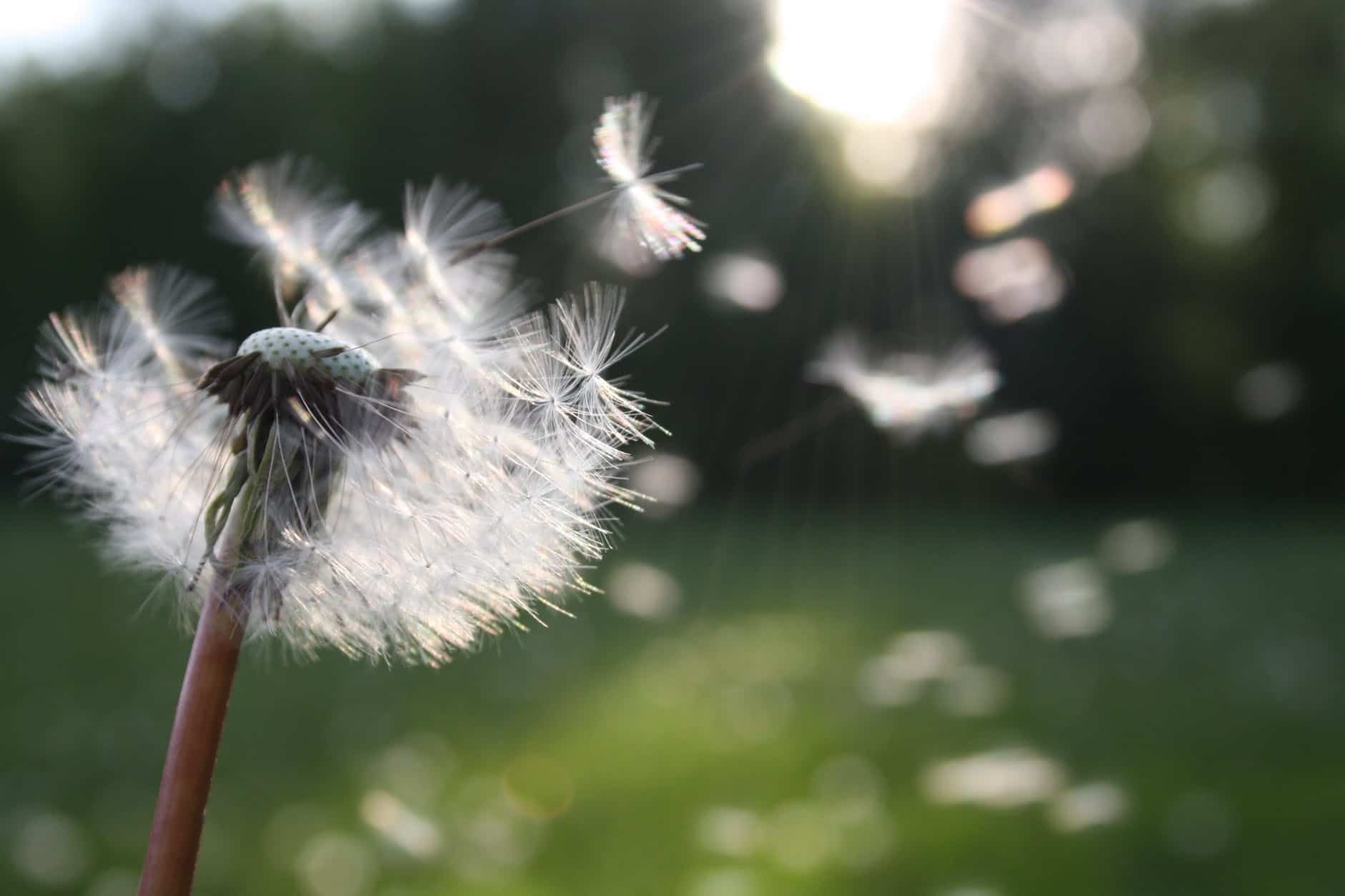March 20 is the first day of spring. As we wave goodbye to winter, we welcome in warmer weather, picnics outside and lots of new blooms. But with this increase in foliage comes the dreaded season of spring allergies. Understanding how to prepare for spring allergies can save you needless suffering.
What Are Seasonal Allergies? 
Allergies are your immune system’s response to normally harmless proteins such as tree, grass and ragweed pollen. In Charleston County, spring allergies are common in March, April and May.
Symptoms of allergies to pollen include:
- Sneezing
- Nasal congestion
- Runny nose
- Watery eyes
- Itchy throat and eyes
- Wheezing
How to Prepare for Spring Allergies
Below is a breakdown of what you should do now to help you prepare for allergy season.
Know Your Triggers
The best way to treat your allergy symptoms is to understand what is causing them. The Pollen Library has put together an extensive list of the trees, grasses and weeds that are common in the area during this time. Your allergist can help you determine the exact cause of your symptoms through a skin prick test. Once you know what is causing your symptoms, you can work to avoid exposure.
Buy Your Medication in Advance
Your allergist will work with you to put together a plan to treat your allergy symptoms. Once you know what type of antihistamine works well for controlling your allergies, you should buy plenty before the pollen counts get too high. As you are not the only one walking around Pullen Park being exposed to pollen from various plants, you’ll want to make sure you have the medication needed to control your symptoms before stores sell out.
Watch the Pollen Counts
Keeping an eye on the local pollen count gives you some control over your allergies. You can plan indoor activities on days the count is high and go out and enjoy the sunshine when counts are low.
In addition to the pollen counts, the weather forecast can also play a role in the number of allergens in the air. Dry winds can bring in more pollen while rain can help to clear the air of particulates.
Reduce Your Pollen Exposure
The best way to prevent allergy symptoms is to avoid exposure to pollen. This can be done by:
- Staying inside on high pollen count days
- Changing/cleaning your HEPA filter in your central air unit
- Sporting a hat and sunglasses when outside to prevent pollen from getting in your eyes
- Wearing a dust mask when you have no choice but to go outside on a day with a high pollen count
To learn more about treating your spring allergies or to schedule an appointment with an allergy expert, contact Carolina Ear, Nose, Throat, Sinus & Allergy today.